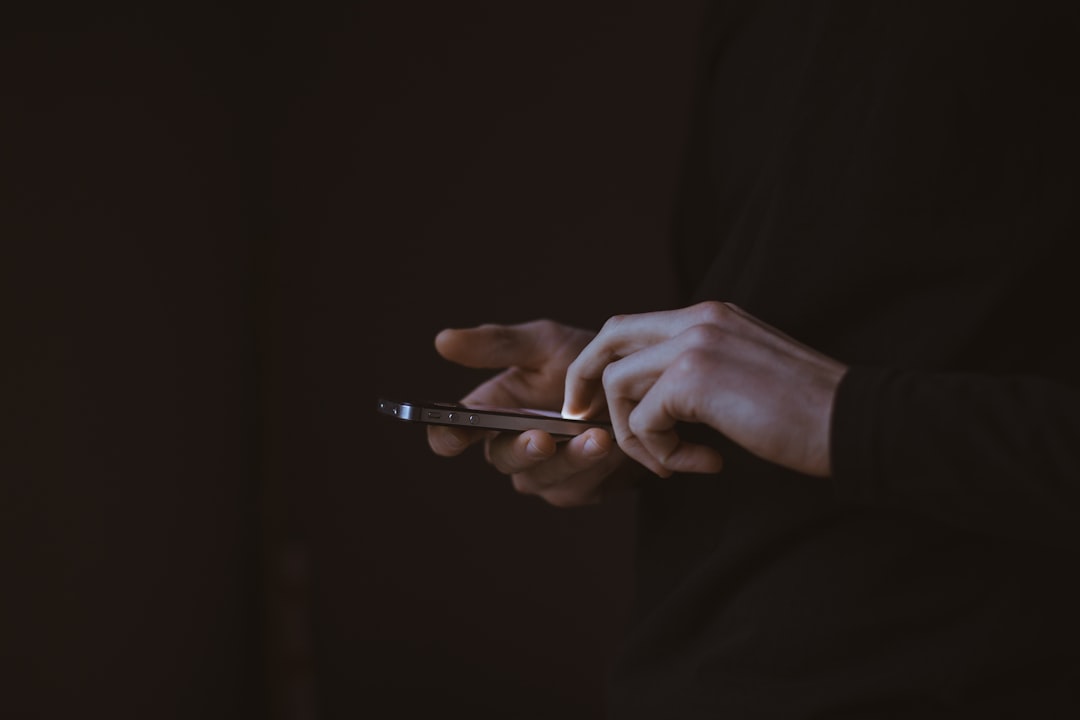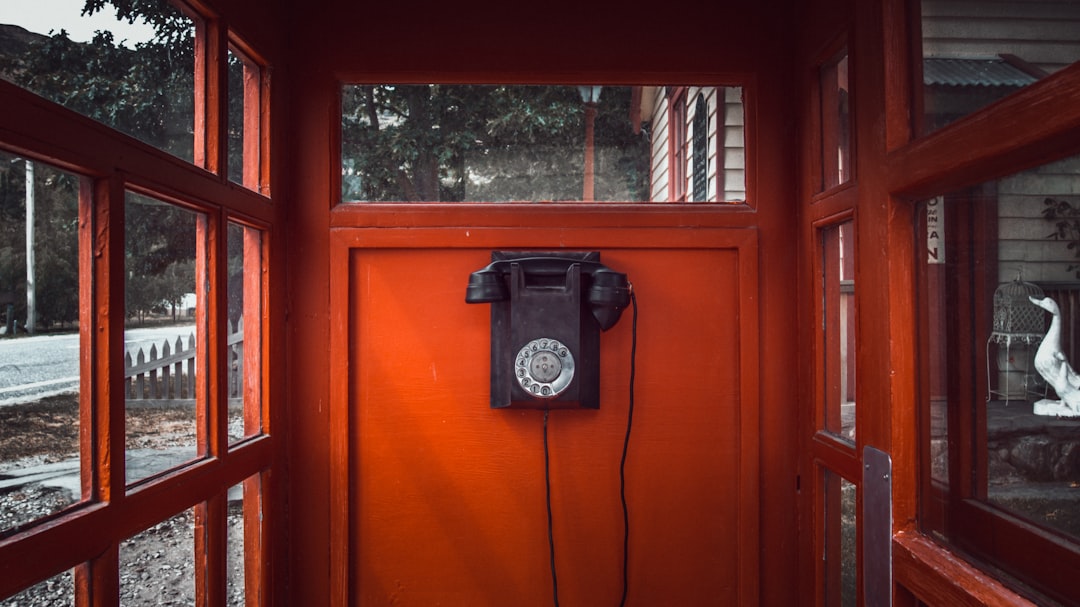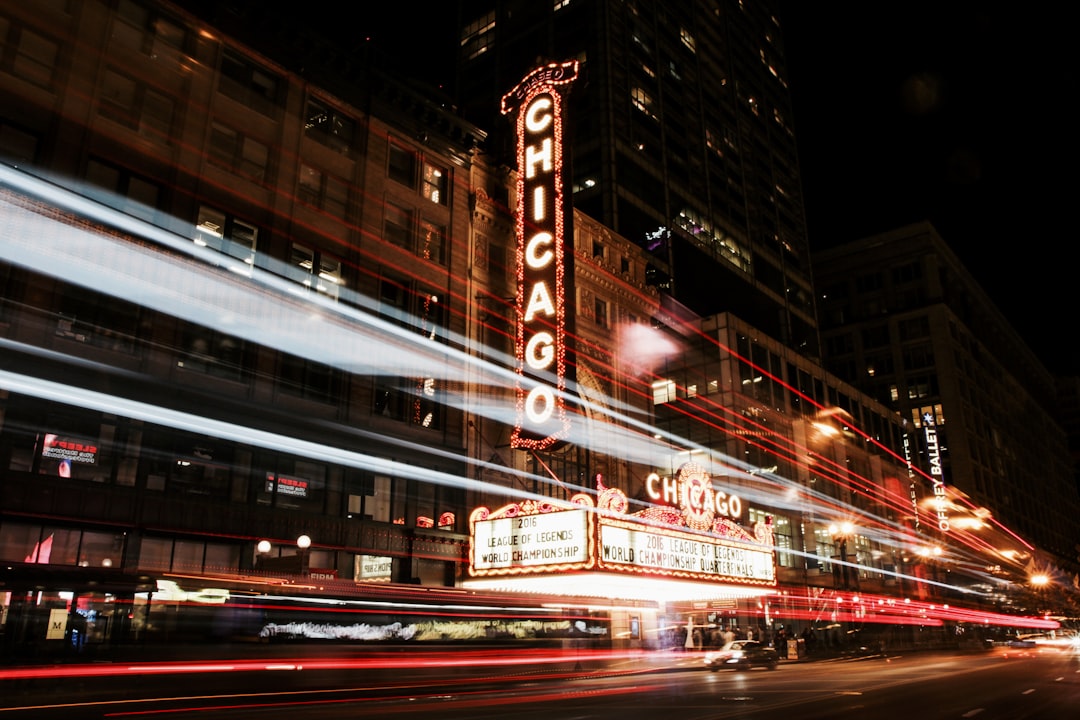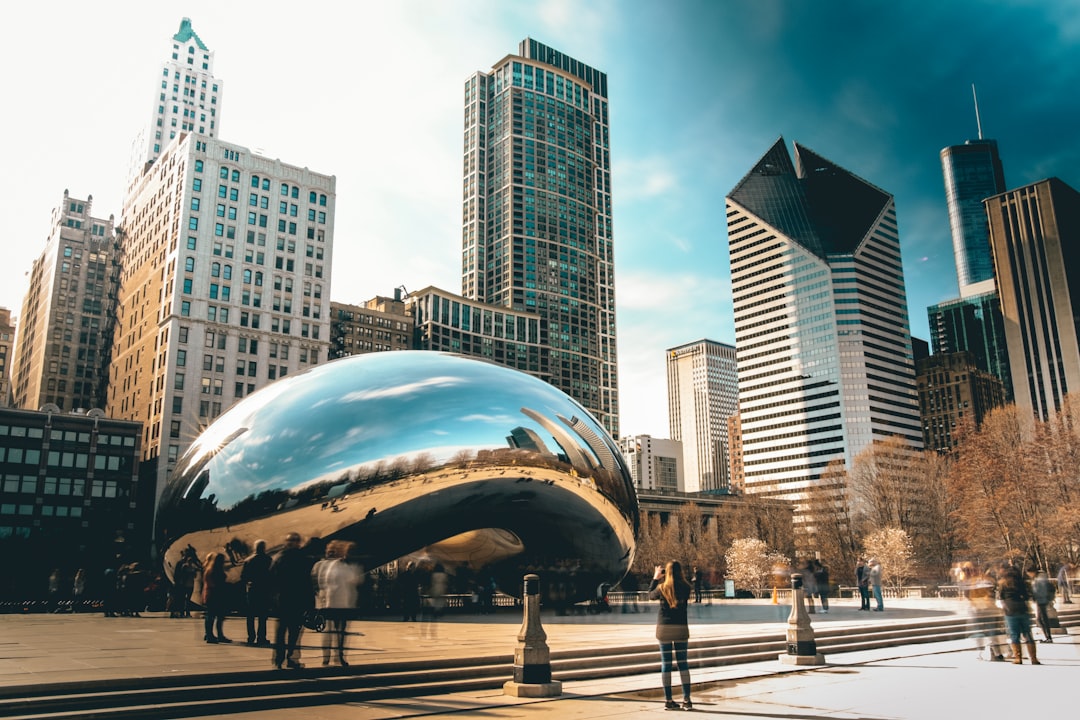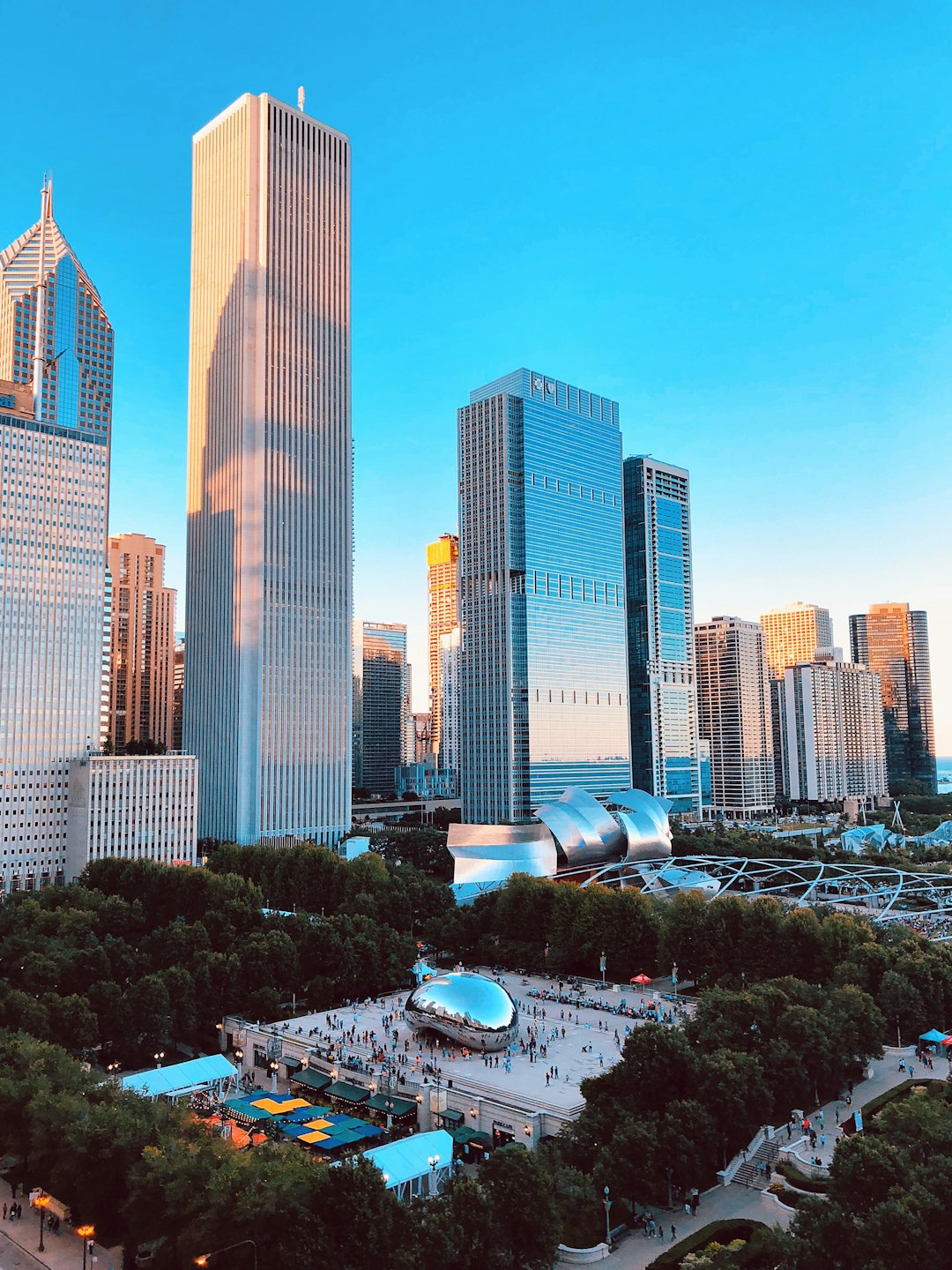Chicago businesses facing robocalls should consult a Robocall Attorney Chicago for legal guidance to navigate regulations like TCPA and FCC rules. Document call details, gather evidence, and report calls to BBB and FTC. Legal options include filing complaints, injunctions, or class-action lawsuits. Experts can help block numbers, file complaints, seek compensation, and understand rights under TCPA.
Chicago businesses often face the nuisance of robocalls, which can disrupt operations and upset customers. This comprehensive guide details how to effectively report and combat these automated calls. We explore Chicago’s legal framework concerning robocalls and outline practical steps for documentation and immediate response.
Learn about your rights and available options, including consulting a Robocall Attorney Chicago, to protect your business from this modern-day challenge.
Understanding Robocalls and Chicago Laws

Robocalls, automated phone calls from unknown numbers, have become a ubiquitous and often annoying aspect of modern life, especially for businesses in Chicago. While many robocalls are legitimate marketing efforts, some can be fraudulent or illegal. In Chicago, the Illinois Consumer Fraud and Deceptive Business Practices Act prohibits businesses from using deceptive practices, including unwanted telephone solicitations, to sell products or services. If a Chicago business receives robocalls, it’s crucial to understand both local laws and the specific regulations governing automated phone marketing.
A Robocall Attorney Chicago can provide expert guidance on navigating these complex issues. They can help businesses determine if incoming calls are legal or violate consumer protection laws, ensuring compliance with regulations like the Telephone Consumer Protection Act (TCPA). By understanding their rights and options, Chicago businesses can take proactive steps to mitigate robocalls, protect their reputation, and maintain a positive relationship with customers.
Documenting and Logging Received Calls
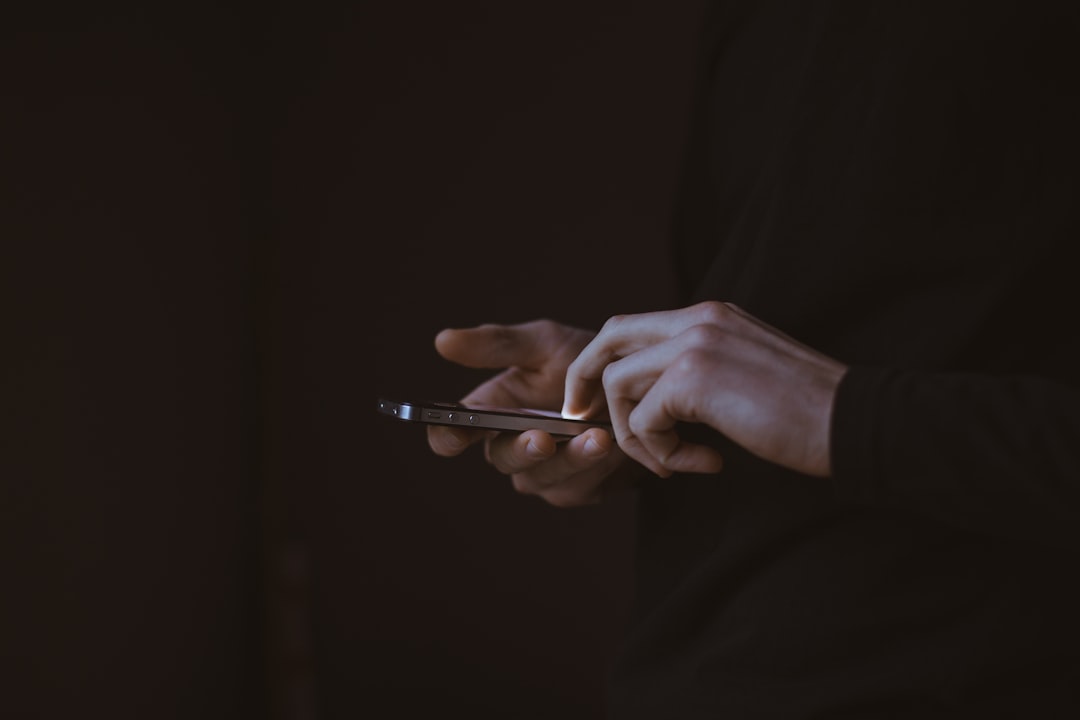
When dealing with robocalls, documenting and logging each instance is crucial for any Chicago business owner considering legal action against a Robocall Attorney Chicago. Start by creating a simple but comprehensive call log where details such as the date and time of the call, the phone number from which it originated, a brief description of the automated message or interactions, and any unique identifiers are recorded. This information can be invaluable for building a case.
Additionally, capture and save evidence of the robocalls, including screen recordings, text messages, or voicemails left by these automated systems. Such documentation not only aids in legal proceedings but also helps businesses understand the types of fraudulent or harassing calls they’re receiving, enabling them to better protect themselves in the future.
Legal Options for Businesses: What to Do
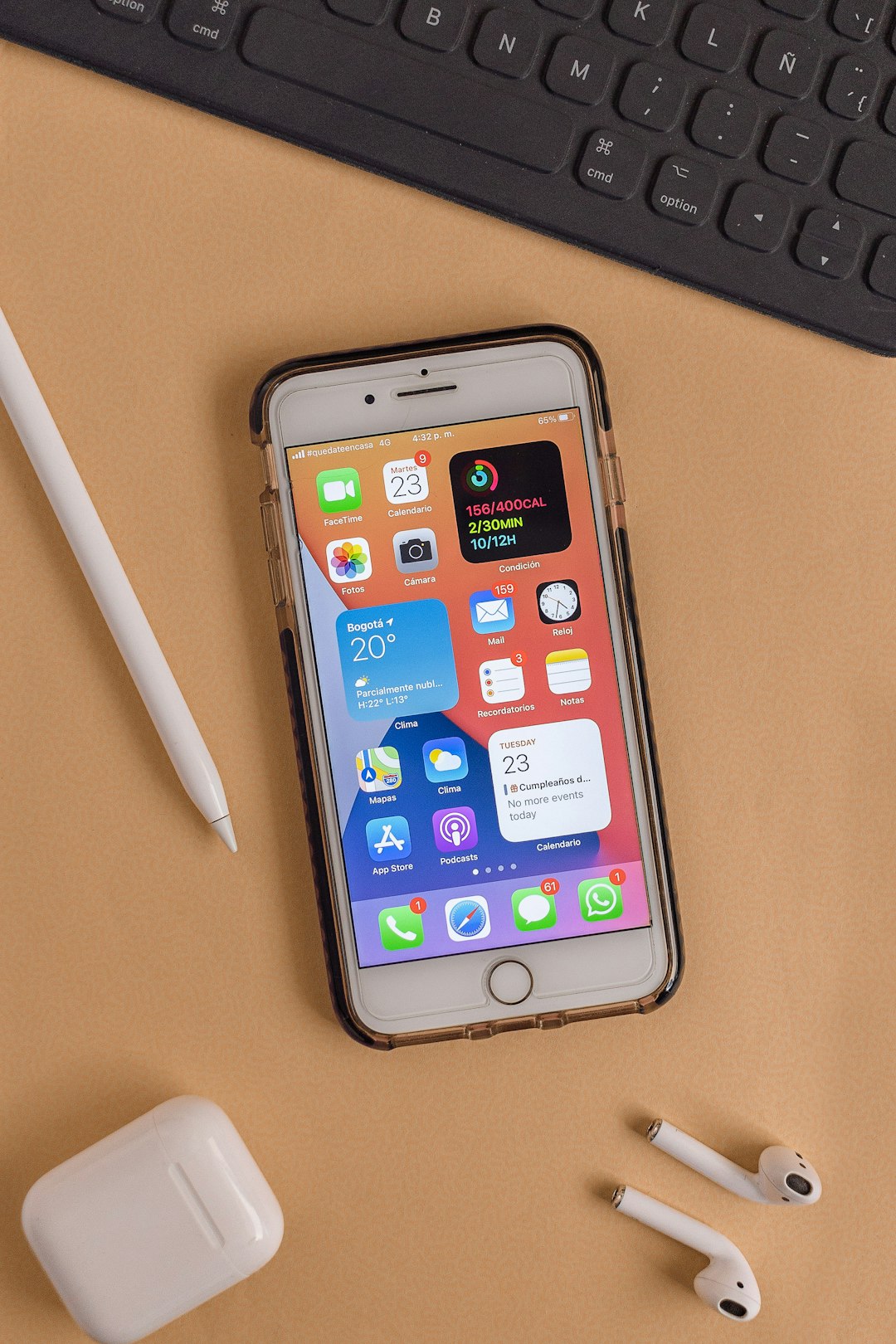
If your Chicago-based business is facing an influx of robocalls, it’s essential to know that legal options are available to mitigate this issue. The first step is to gather evidence, such as call logs and recordings, which can be crucial in identifying the source and nature of the calls. Consulting with a Robocall Attorney Chicago can provide expert guidance on navigating legal avenues, including filing complaints with regulatory bodies like the Federal Communications Commission (FCC). These authorities have strict rules against unsolicited automated phone calls, and reporting these violations can lead to penalties for the offenders.
A Robocall Attorney Chicago can also assist in understanding and enforcing federal and state laws designed to protect businesses from such harassment. This may include seeking injunctions to stop the calls, damages for any financial losses incurred, or even class-action lawsuits if multiple businesses have been affected. Proactive legal measures can deter future robocalls and ensure your business operates with greater peace of mind in a crowded and sometimes intrusive marketplace.
Steps to Take Immediately After a Robocall
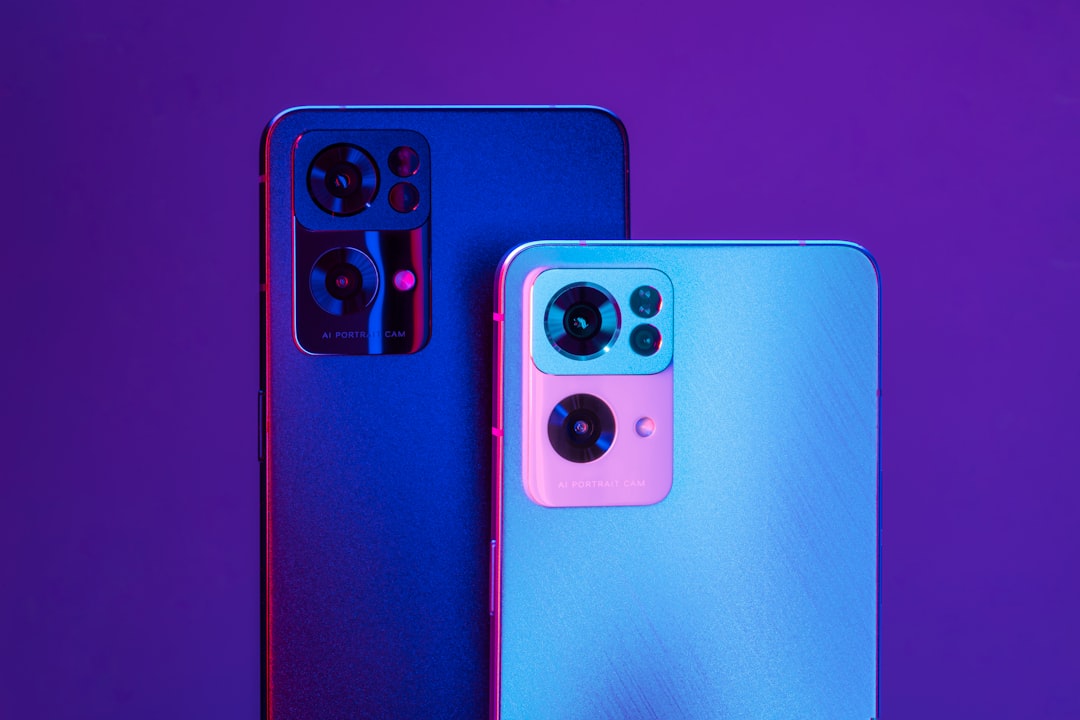
After receiving a suspected robocall, there are several immediate steps Chicago businesses should take. First, document the call by noting the date, time, and any specific details about the caller or their message. This information is crucial for identifying patterns and can serve as evidence if legal action becomes necessary. Next, do not hang up; instead, stay on the line to listen for any additional calls or automated prompts that may provide further insights into the caller’s identity and intent.
If you suspect the call is from a robocall attorney or other automated system, you can immediately block the number. Most smartphone operating systems have built-in features to do this. Additionally, report the incident to your local Better Business Bureau (BBB) and consider filing a complaint with the Federal Trade Commission (FTC). These organizations track and investigate unauthorized robocalls, which can lead to legal action against the perpetrators.
Finding Help: Consulting a Robocall Attorney Chicago
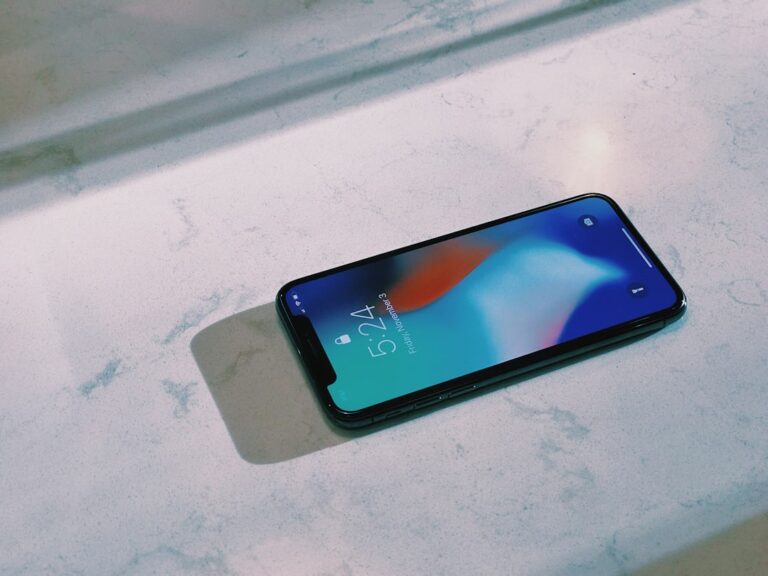
If you’re a Chicago business owner tired of receiving unwanted robocalls, it’s crucial to know that legal help is available. Consulting a Robocall Attorney Chicago can be your first step towards combating this growing issue. These legal professionals specialize in consumer protection and have the expertise to navigate the complex laws surrounding automated telemarketing calls. They can guide you on the best course of action, whether it involves blocking numbers, filing complaints, or seeking damages for any resulting harm.
A Robocall Attorney Chicago can also help you understand your rights as a business owner under the Telephone Consumer Protection Act (TCPA). This federal law restricts how businesses can use automated dialing systems and provides remedies for violations. By engaging their services, you gain access to legal counsel that can represent your interests in negotiations or even litigation, ensuring you receive fair treatment in dealing with robocallers.

